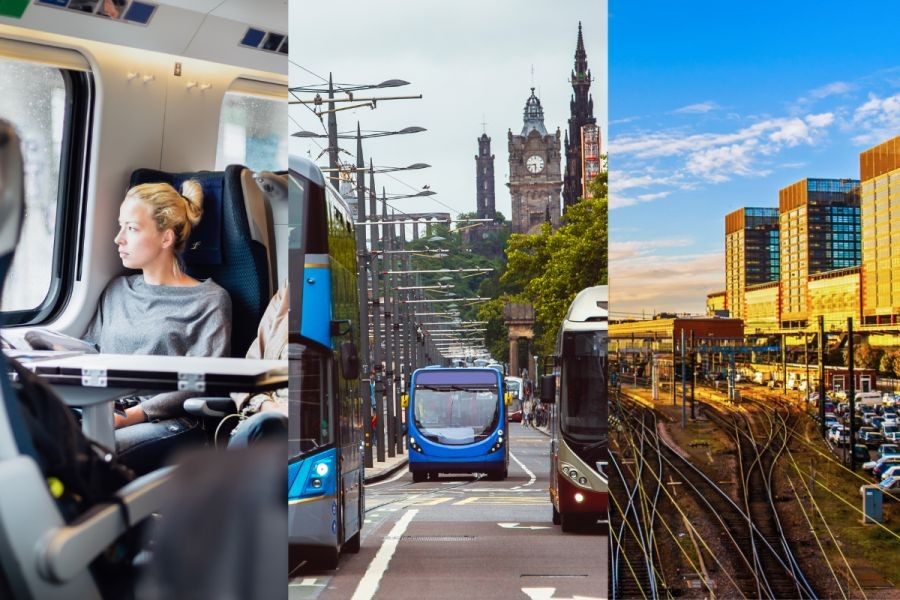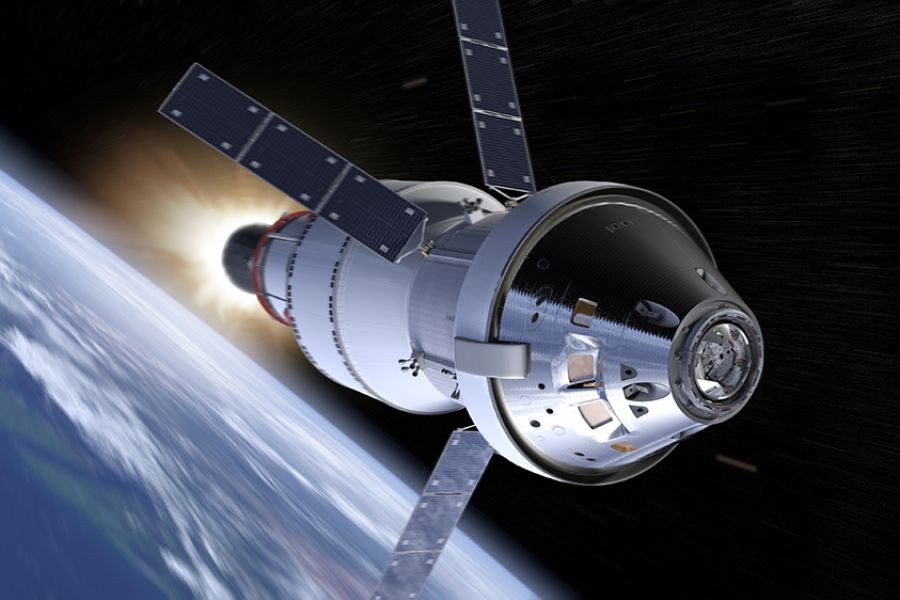Introduction
Imagine a future where every city in New Zealand is seamlessly connected, reducing traffic congestion, lowering carbon emissions, and stimulating economic growth. While it may sound like a distant dream, investing more in public transport could make this vision a reality. Despite New Zealand's scenic landscapes and progressive policies, its public transport systems lag behind those of many other developed nations. This disparity raises a critical question: why isn't New Zealand investing more in public transport? According to Stats NZ, only 4% of commuters in New Zealand use public transport, compared to 14% in Australia. This article explores the potential benefits, challenges, and strategic steps for enhancing public transportation in New Zealand.
The Economic Case for Public Transport Investment
Boosting the Local Economy
Investing in public transport is not merely an environmental or social endeavor; it is an economic imperative. According to the Ministry of Business, Innovation and Employment (MBIE), every dollar invested in public transport generates approximately $4 in economic returns. This includes job creation, increased productivity, and reduced congestion costs. For instance, Auckland's City Rail Link project, set to be completed in 2024, is expected to create 1,600 jobs and inject $1.6 billion into the local economy.
Reducing Congestion and Pollution
New Zealand's urban centers are facing increasing congestion, costing the economy $1.3 billion annually in wasted time and fuel. Public transport offers a viable solution. By reducing the number of cars on the road, public transport can significantly decrease carbon emissions. The Wellington Electric Bus Initiative, which aims to electrify the entire bus fleet by 2030, is projected to cut emissions by 17,000 tonnes annually. This initiative is a step in the right direction, but more widespread adoption is needed to make a substantial impact.
Case Study: Wellington's Electric Bus Initiative
Problem:
Wellington faced growing concerns over traffic congestion and air pollution, which were negatively affecting public health and economic productivity.
Action:
The Wellington Regional Council implemented an initiative to electrify its bus fleet by 2030. This involved investing in new electric buses and charging infrastructure.
Result:
- Carbon emissions reduced by 17,000 tonnes annually.
- Improved air quality and reduced noise pollution.
- Increased public transport usage by 12% within the first year.
Takeaway:
This case study illustrates the potential of targeted public transport investments to improve environmental outcomes and increase public transport usage. Other New Zealand cities could replicate these strategies to achieve similar benefits.
Challenges and Misconceptions
Financial Constraints
One major hurdle is the perceived cost of expanding public transport infrastructure. However, this is a short-sighted view. While the initial investment is significant, the long-term economic benefits far outweigh the costs. The Reserve Bank of New Zealand notes that infrastructure investments typically yield higher returns than other forms of public spending.
Myths vs. Reality
- Myth: Public transport is only viable in large cities.
- Reality: Smaller cities can benefit from tailored public transport solutions, such as ride-sharing and local bus services, which have been successfully implemented in cities like Napier and Rotorua.
- Myth: Public transport investments lead to higher taxes.
- Reality: While initial funding may come from taxes, the economic growth resulting from improved transport can lead to higher tax revenues, offsetting initial costs.
Future Trends and Predictions
By 2030, New Zealand could see a 20% increase in public transport usage, driven by technological advancements such as autonomous vehicles and smart ticketing systems. According to a report by NZTech, integrating AI into public transport could optimize routes and schedules, making services more efficient and user-friendly. Additionally, government policies aimed at reducing carbon emissions are likely to prioritize public transport, further encouraging investment in this sector.
Conclusion
New Zealand stands at a crossroads. The decision to invest more in public transport could lead to unprecedented economic, environmental, and social benefits. The evidence is clear: successful implementation in cities like Wellington proves the viability and advantages of such investments. As the nation grapples with congestion and environmental challenges, public transport offers a sustainable solution. The time for action is now. What’s your take? Share your insights below!
People Also Ask (FAQ)
- How does public transport investment benefit New Zealand's economy? Investing in public transport generates $4 in economic returns for every dollar spent, according to MBIE, boosting job creation and productivity.
- What are the common misconceptions about public transport in New Zealand? A prevalent myth is that public transport is only viable in large cities; however, smaller cities like Napier have successfully implemented tailored solutions.
Related Search Queries
- New Zealand public transport investment
- Auckland City Rail Link project
- Wellington electric bus initiative
- Benefits of public transport in New Zealand
- Public transport and economic growth
- Reducing carbon emissions in New Zealand
- Challenges of public transport investment
- Future of public transport in New Zealand
- Autonomous vehicles public transport
- Smart ticketing systems in New Zealand


































VernHouser
6 months ago